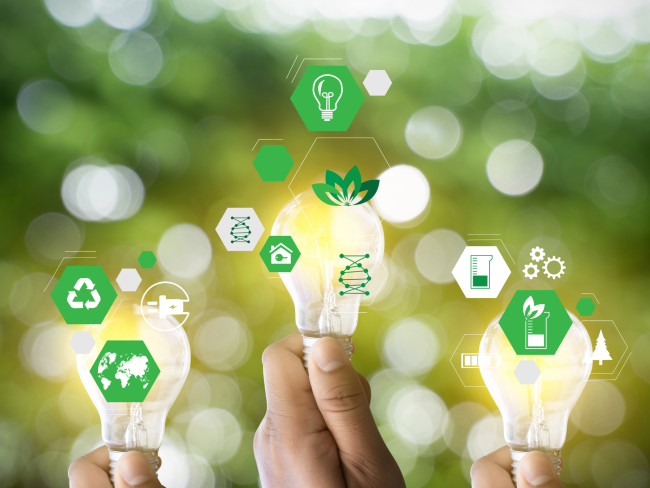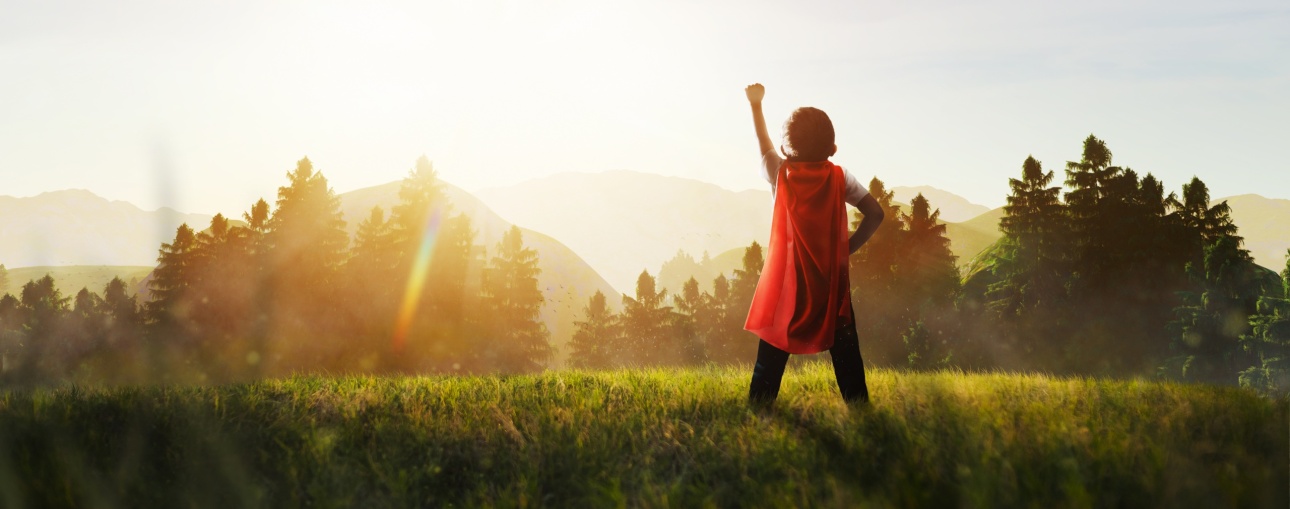
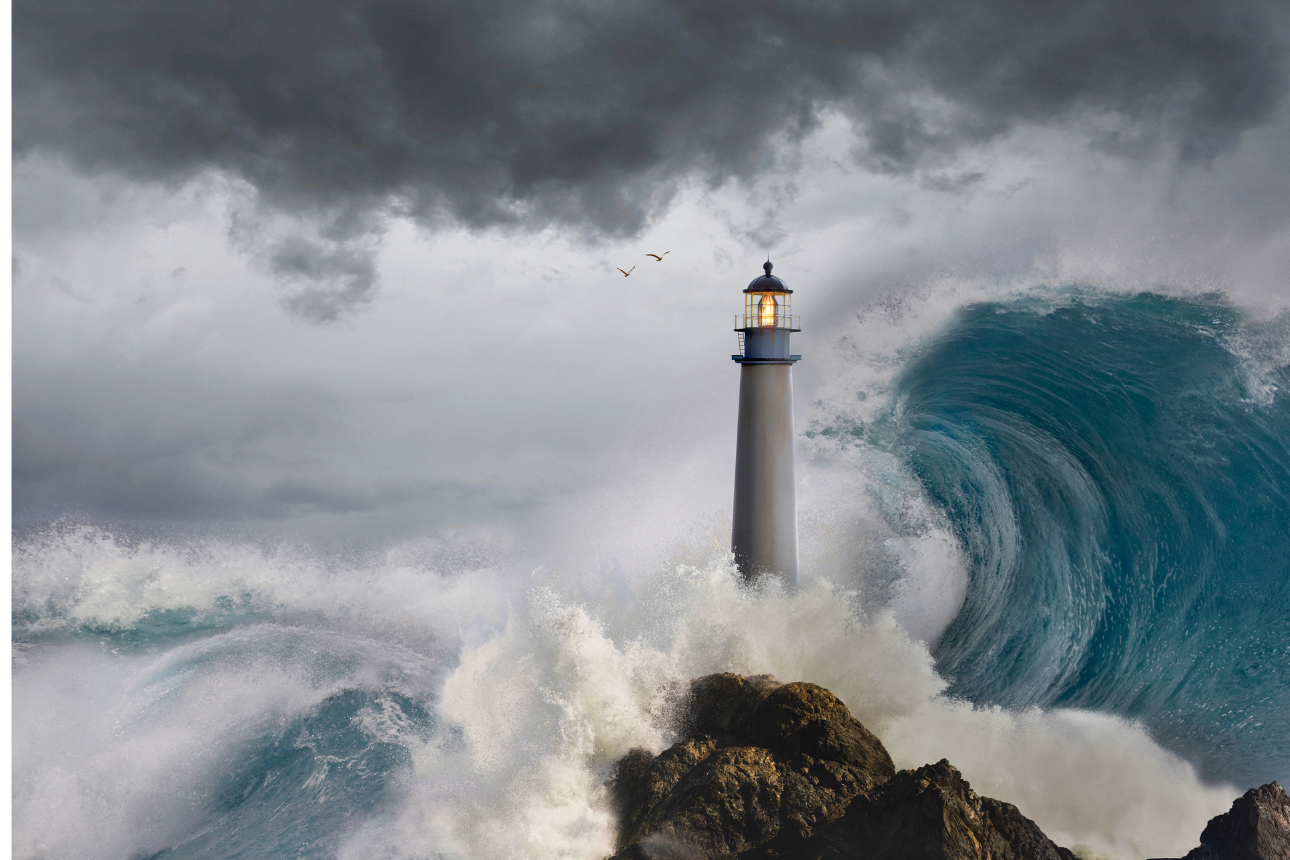
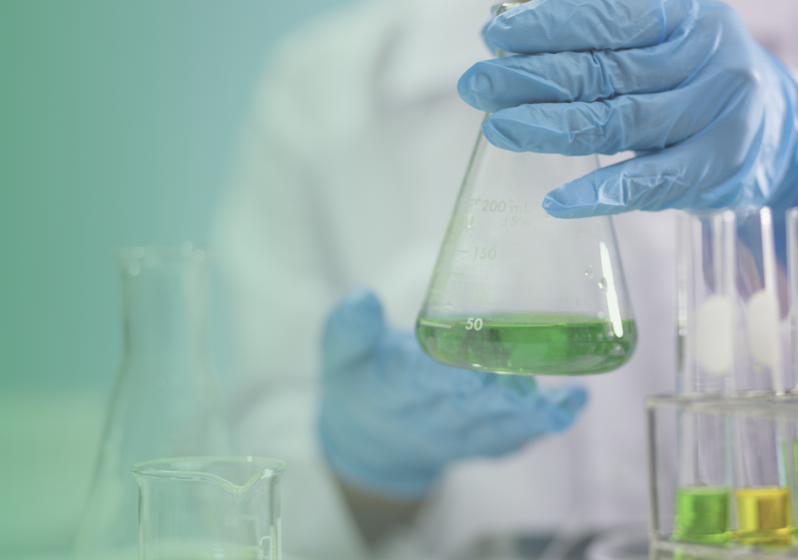
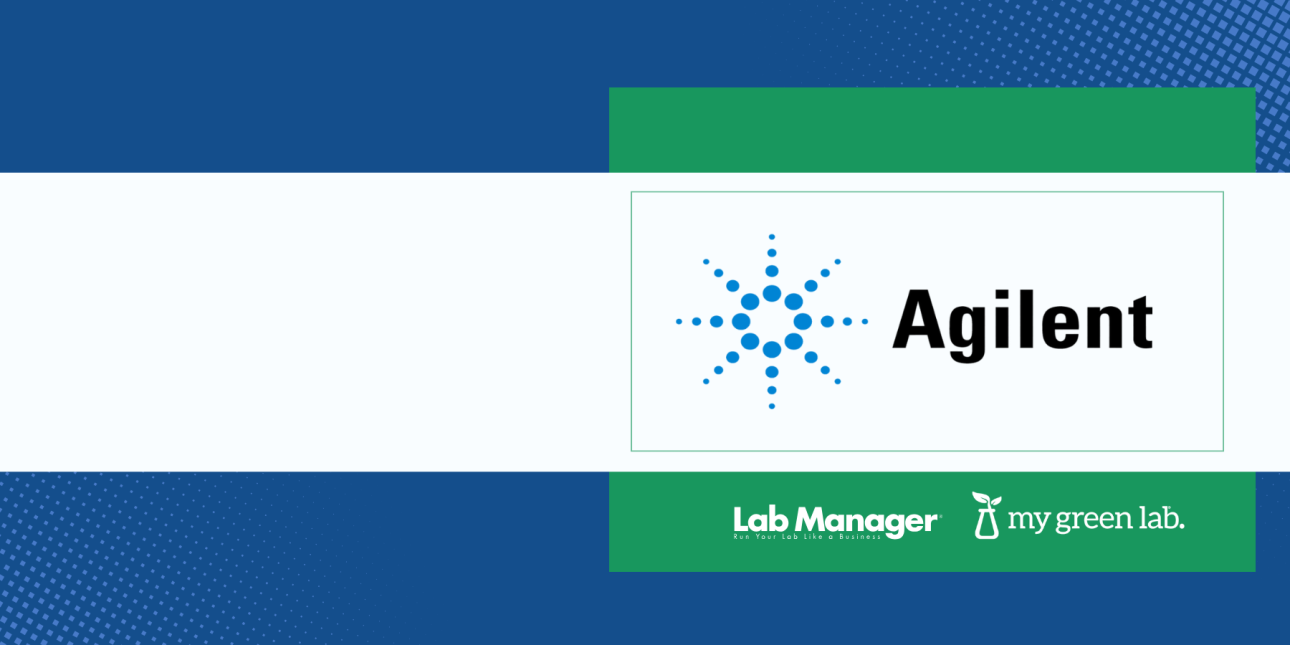
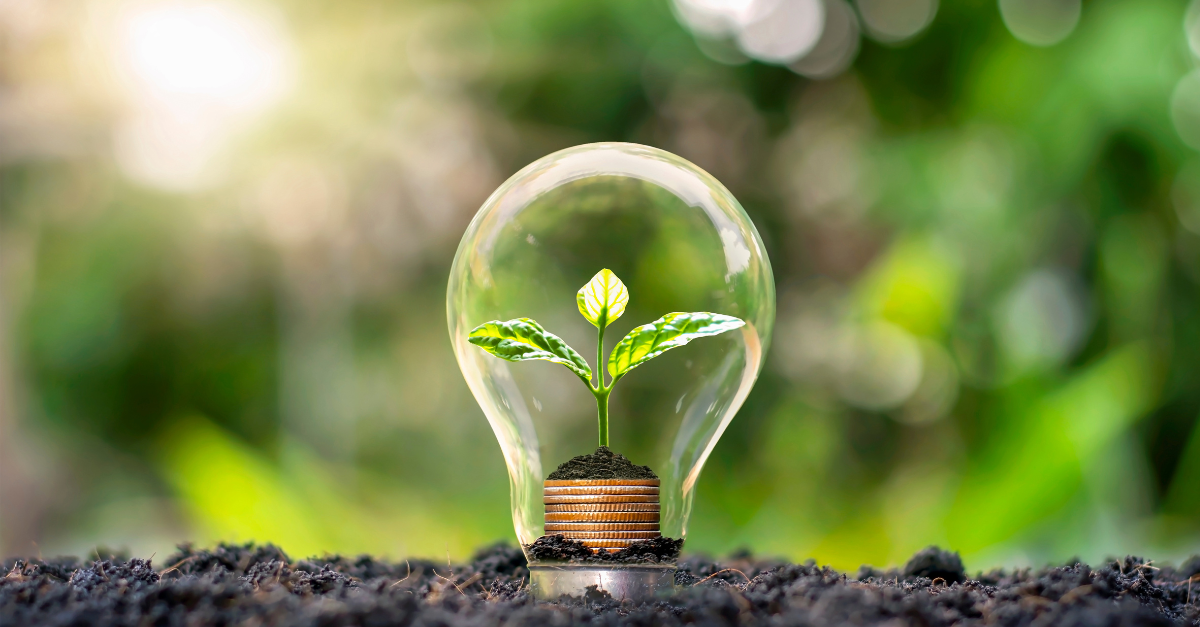
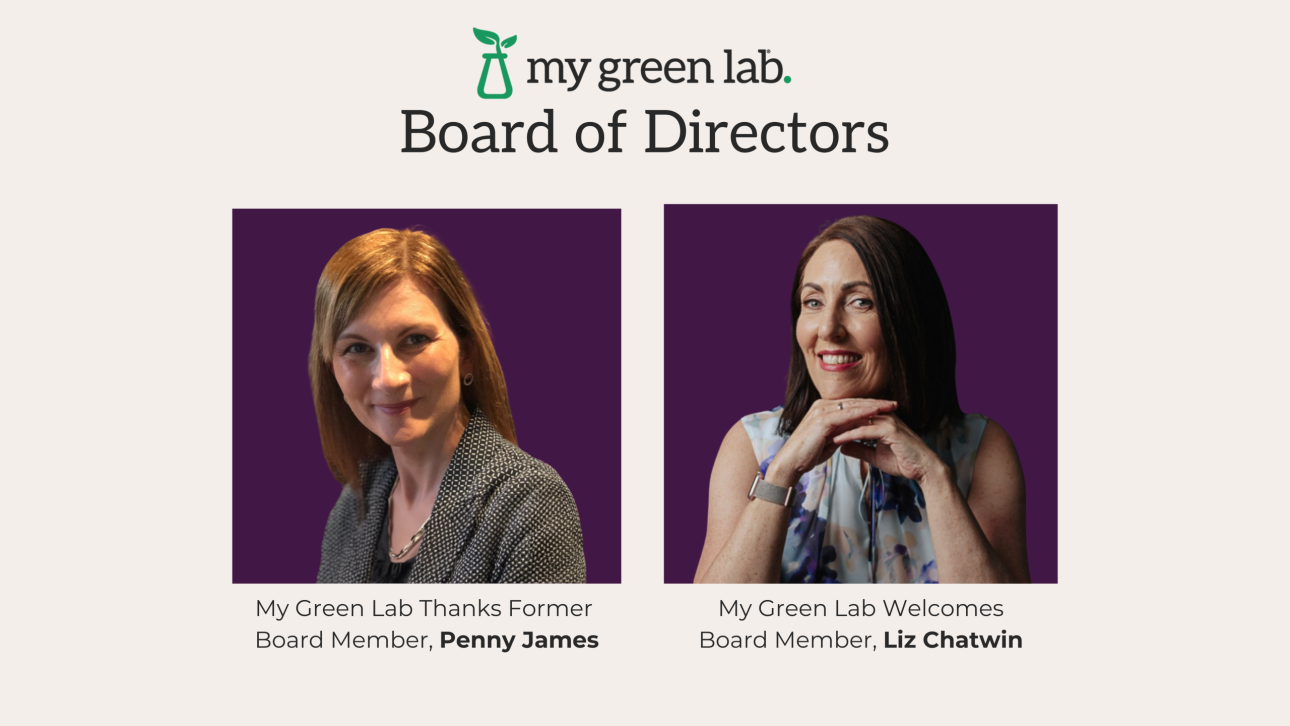
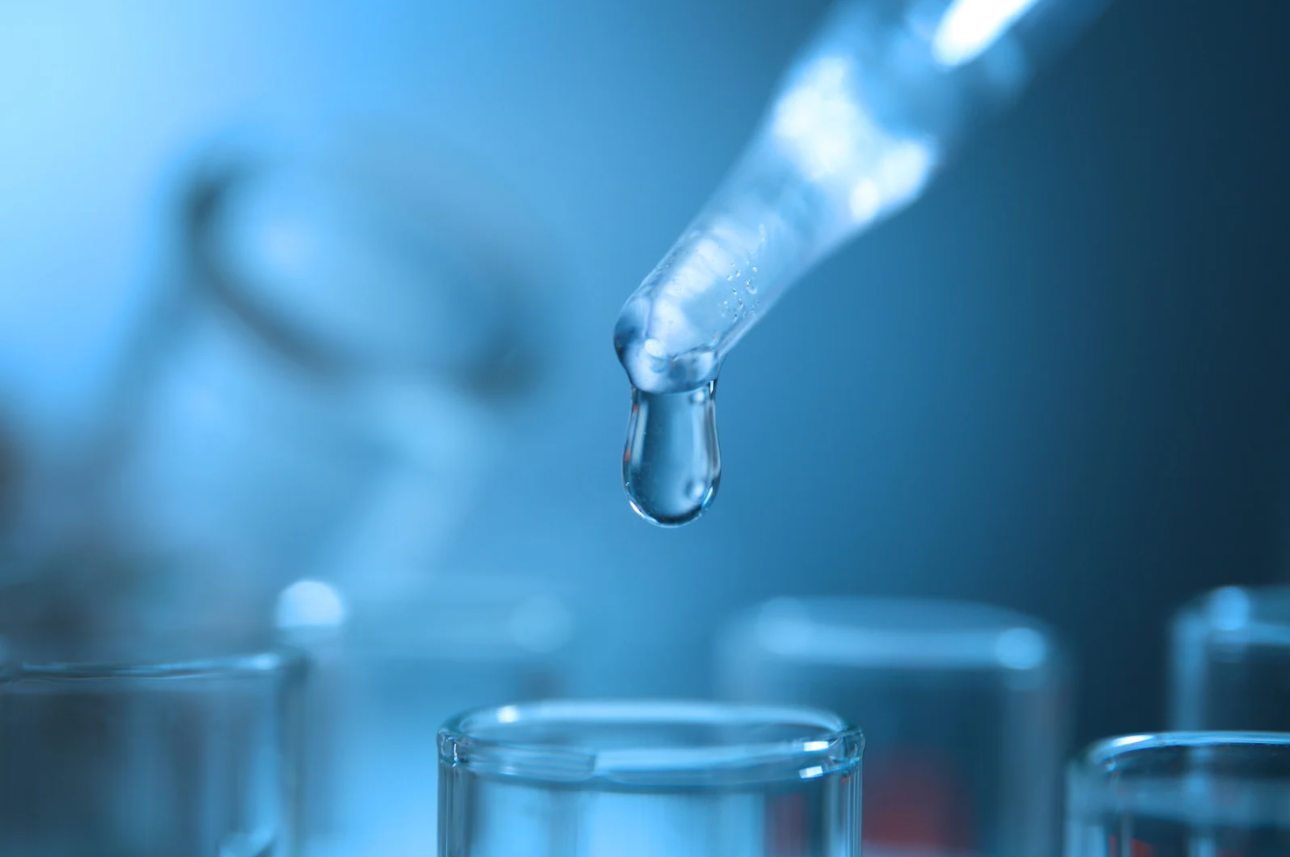
Discover how My Green Lab supports European labs with science-based sustainability programs aligned with EU climate goals and ESG frameworks.
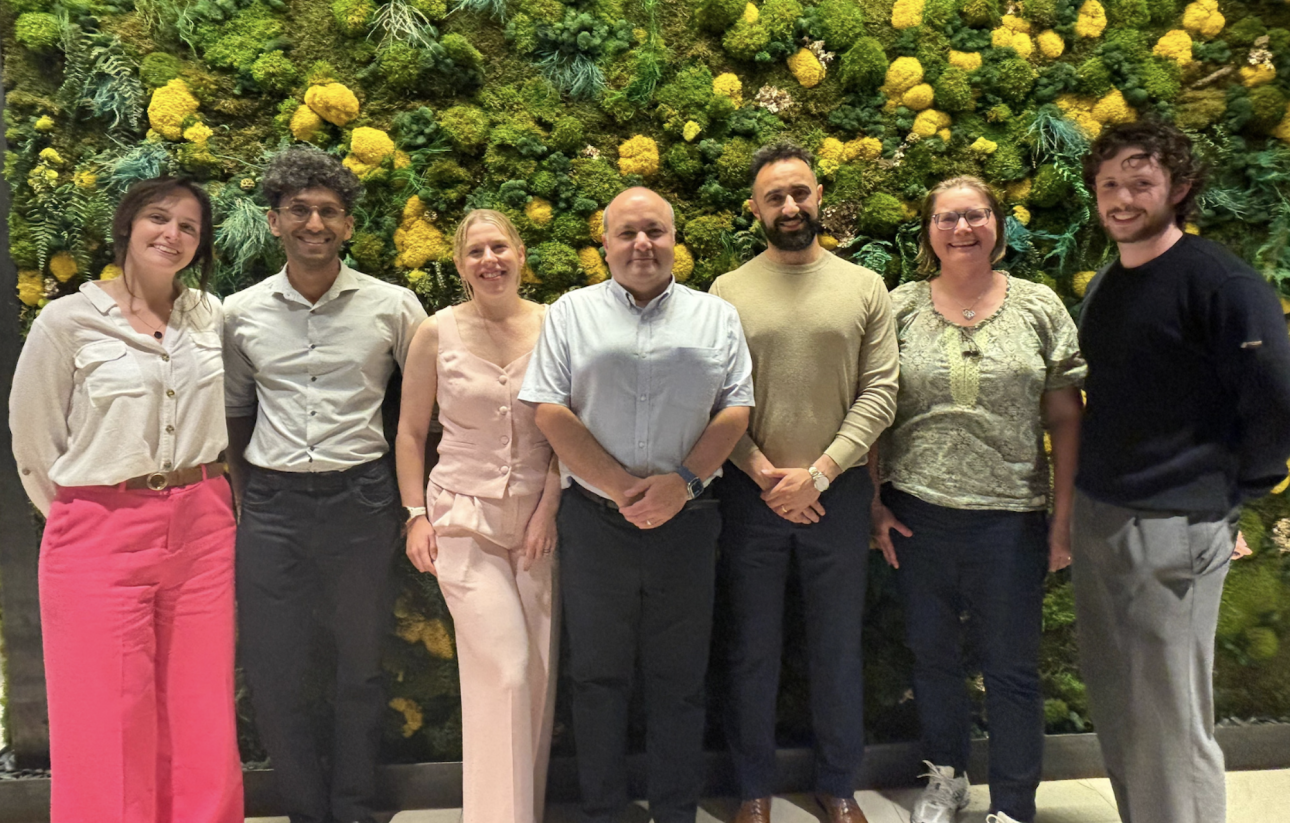
This year’s International Freezer Challenge brought together a record number of laboratories from around the world, amplifying the collective impact of sustainable cold storage practices.
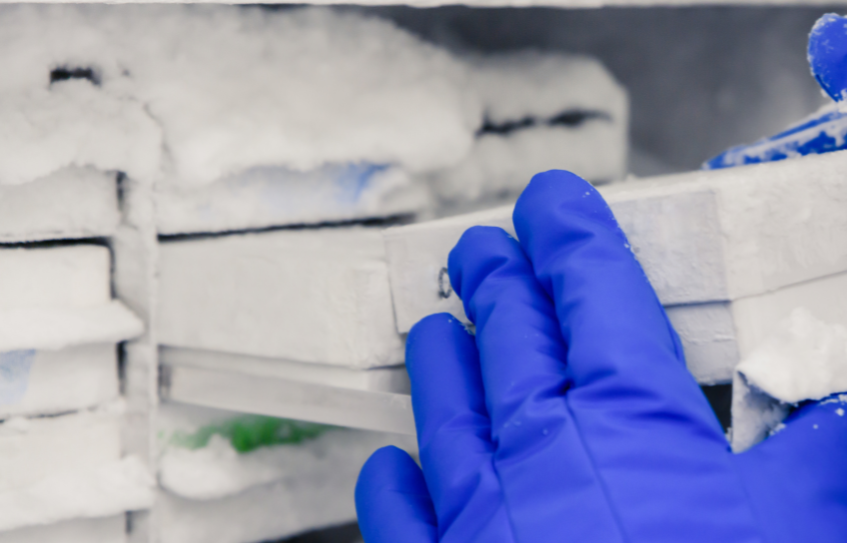
Greenwashing isn’t just bad for the planet; it has become a major financial and reputational threat. In today’s climate-conscious economy, companies are facing increasing, and often warranted, scrutiny from regulators, consumers, and investors.
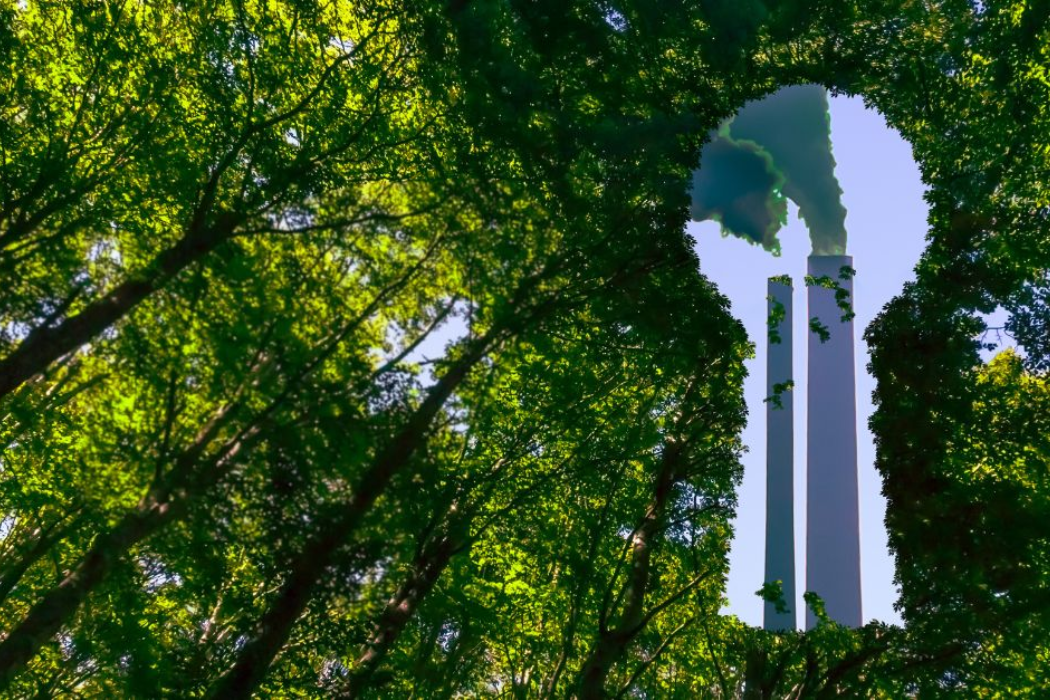
My Green Lab is proud to announce that our Converge Supplier Initiative has been endorsed by the Pharmaceutical Supply Chain Initiative (PSCI).
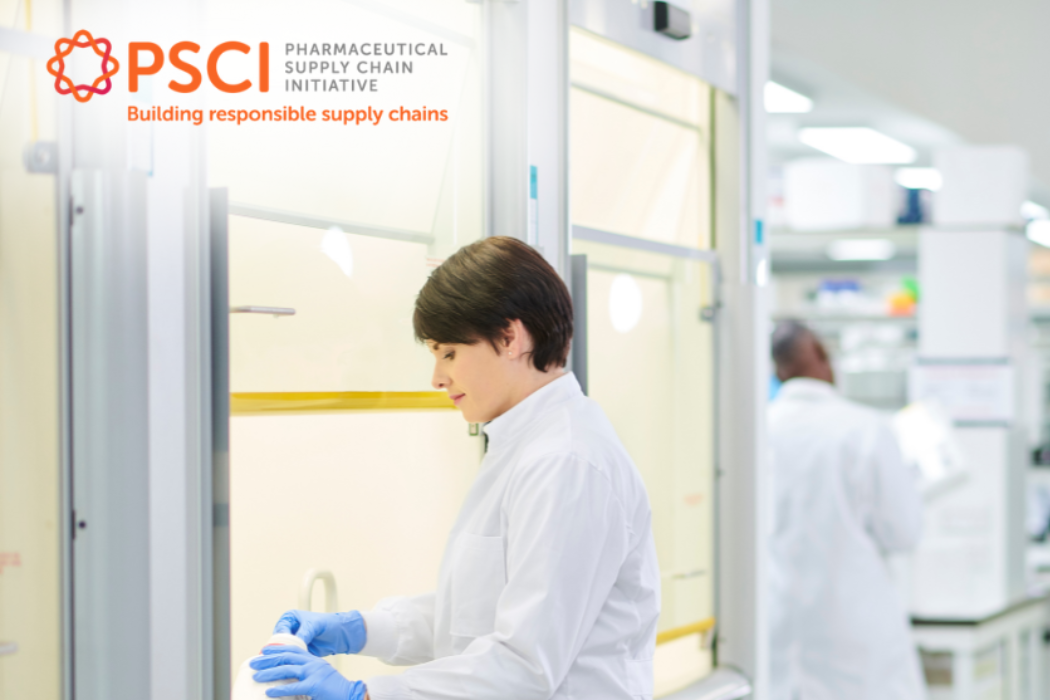
Whether you're just starting your sustainability journey or looking to deepen your lab’s commitment to sustainability, here are 8 impactful actions you can take today to improve energy efficiency in the lab.


